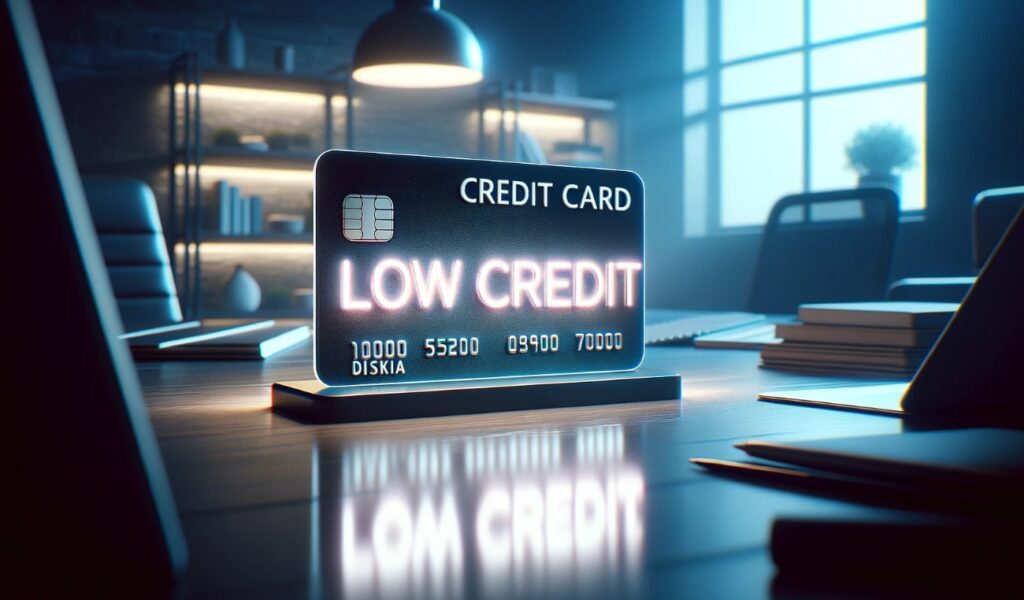In my opinion, the 6 smart ways on how to use your credit card wisely are;
- Understand your credit card agreement
- Keep track of spending.
- Don’t use your credit cards to buy things you can’t afford.
- Use rewards wisely.
- Maintain a low credit utilization ratio.
- Set up alerts and safeguards.
Now, let’s expand on these six tips for using credit cards wisely, so that you can enjoy all the benefits that come with having one without giving yourself a headache.
1. Understand Your Credit Card Agreement

Understanding your credit card agreement is a crucial aspect of how to use your credit card wisely. It involves getting familiar with several key terms and conditions that can significantly impact your finances. Such key terms are;
Interest Rate (APR), Annual Fee, Late Payment Fees, Balance Transfer Fees, Cash Advance Fees, Foreign Transaction Fees, Credit Limit, Rewards and Benefits, Penalty APR, Billing Cycle, Due Date, Minimum Payment Calculation, Terms and Conditions Changes.
By thoroughly understanding these aspects of your credit card agreement, you can make more informed decisions, utilize the card’s benefits to the fullest, and avoid traps that lead to high costs and debt accumulation. It’s a vital step in managing your credit responsibly and using your credit card effectively.
2. Keep Track of Your Spending.
Keeping track of your spending is a fundamental part of how to use your credit card wisely. This involves regularly monitoring your credit card statements and ensuring that your expenses align with your budget. By doing so, you can prevent overspending and maintain control over your finances.

It’s important to categorize your expenses to identify areas where you might be spending more than planned. This awareness can lead to better spending habits and helps avoid accumulating unnecessary debt.
Additionally, by keeping a close eye on your card statements, you can quickly spot any fraudulent charges and address them promptly.
Moreover, understanding your spending patterns is crucial for maximizing the benefits of your credit card, especially if it offers rewards for certain types of purchases.
Utilizing budgeting tools and apps that link to your credit card can simplify this process by automatically tracking and categorizing your expenses. Setting up spending alerts can also help in managing your finances more effectively.
Regularly reviewing and reflecting on your spending habits allows for timely adjustments in your financial planning, ensuring that you are using your credit card not just for convenience, but also as a tool for maintaining sound financial health.
3. Do not use your credit card to buy things you can’t afford.

As a general rule, don’t use your credit card to buy things you can’t afford. If you can’t afford it, don’t buy it! It’s that simple.
In other words: if it’s not within your budget, don’t spend money on it with a credit card. This applies whether the purchase is an impulse or planned out in advance, and even if the thing is something small like a trip to Starbucks.
The easiest way to refrain from overspending is simply not to have a card at all; otherwise, follow these tips:
- Avoid using credit cards for everyday purchases like groceries or gas (so long as you have cash on hand).
- Be aware of how much interest will be assessed if any balance isn’t paid off at the end of each month. You may want to transfer charges from one card onto another depending on their respective interest rates!
4. Use Rewards Wisely.

Understanding and utilizing the rewards offered by your credit card is a crucial aspect of how to use your credit card effectively.
To make the most of your rewards program, first familiarize yourself with the specific type of rewards your card offers, such as cash back, points, or travel miles, and align these with your regular spending habits. This ensures that the rewards you earn are relevant and valuable to your lifestyle.
Strategically plan your purchases, especially larger ones, to coincide with periods when your card offers additional rewards or bonuses. Redeem your rewards for essential items or those you were already planning to buy, as this can effectively reduce your overall expenses.
Keep an eye on the expiration dates of your rewards to ensure you use them in time and consider the card’s annual fee when evaluating the net benefit of your rewards. Additionally, be cautious not to increase your spending just to earn rewards, as this can lead to unnecessary debt.
By carefully managing and redeeming your credit card rewards, you can maximize the benefits, contributing positively to your financial strategy.
5. Maintain a Low Credit Utilization Ratio.

Maintaining a low credit utilization ratio is an important strategy in managing your credit health and is a key factor in how to use your credit card wisely. The credit utilization ratio is the amount of credit you’re using compared to the amount of credit available to you.
Financial experts like Suze Orman, Dave Ramsey, and even reporting agencies like Experian often recommend keeping this ratio below 30%. This is because it demonstrates to creditors that you are using credit responsibly and not overextending yourself financially.
High credit utilization can be a red flag to lenders and credit bureaus, as it may indicate that you’re reliant on credit to meet your financial obligations or that you’re at risk of overextending yourself.
A high utilization ratio can lead to a decrease in your credit score, which is a critical factor in determining your eligibility for future loans, the interest rates you’ll receive, and even your attractiveness as a candidate for housing and employment in some cases.
6. Set Up Alerts and Safeguards.

Setting up alerts and safeguards on your credit card is a fundamental aspect of how to use your credit card wisely. These measures serve as an early warning system against fraud, instantly notifying you of any unusual transactions, which is vital for quick fraud detection and resolution.
They also assist in budget management by providing real-time updates on your spending, helping you adhere to your financial plan and avoid overspending. Alerts for due dates and credit limits are especially crucial as they help avoid late fees and over-limit charges, which can negatively impact your credit score and add unnecessary expenses.
Furthermore, these alerts contribute significantly to overall financial discipline and awareness. Regular notifications of your transactions encourage a more mindful approach to spending, fostering better financial habits. They are also instrumental in managing recurring charges and subscriptions, ensuring you are only paying for services you use.
In essence, setting up alerts and safeguards on your credit card not only provides peace of mind by enhancing security against potential misuse but also plays a pivotal role in guiding responsible and informed credit card usage.
Bottom Line
Credit cards are a great way to build credit, but only if you use them wisely. You don’t want to end up with high-interest debt that will take years to pay off or even ruin your credit score entirely!
If you follow these tips, though, you can start making smart choices today to avoid getting buried in debts. If you find yourself getting buried in credit card debts, check our these 5 tips to avoid getting buried in credit card debts.
Now that your know how to use your credit card wisely, it is also important to seek professional advice if you have certain expensive purchases you want to make using your credit card.


